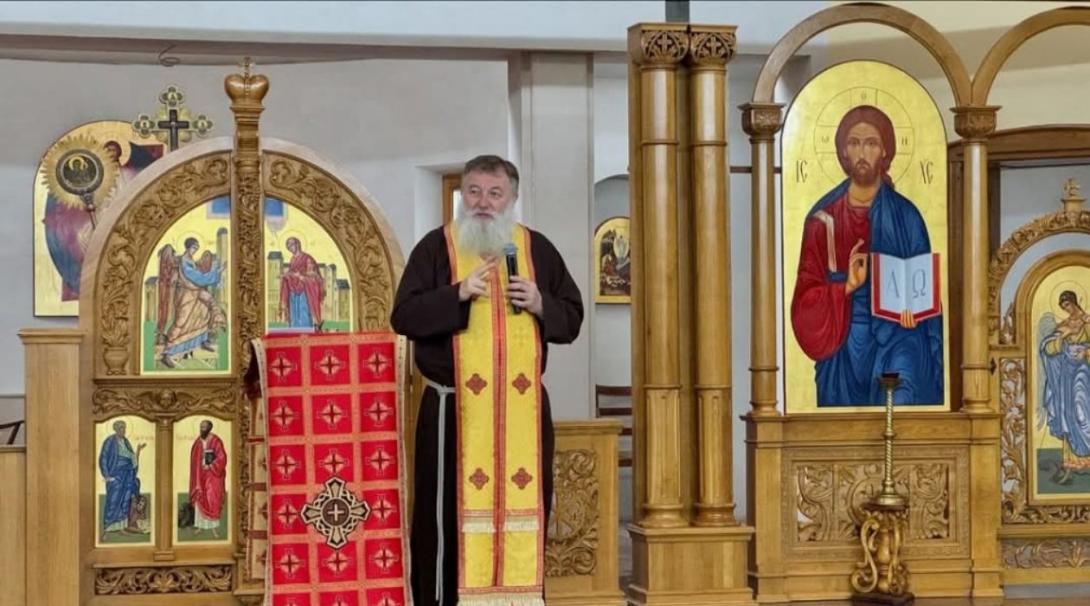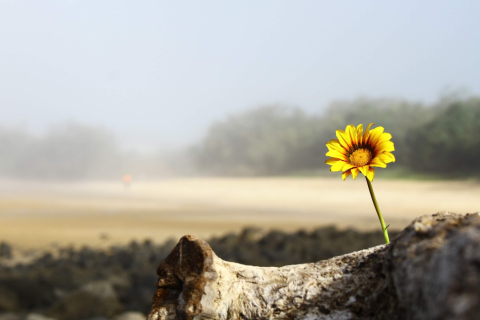
Photo courtesy of Thomas Skowron, OFM Cap
It’s been six months since my last visit to Ukraine. I hesitate to call it a “trip”—that word suggests leisure, joy, or exploration. What I experienced was far from that. Though I had the opportunity to spend time with people I love, it was no vacation. The war was everywhere—unrelenting and ever-present.
Since then, I’ve kept in regular contact with my Capuchin brothers in Ukraine. At this point, war has almost become a backdrop to their daily lives, as surreal as that may sound. The situation remains dire: Russian forces continue their advance in the East, air raids hammer cities across the country with intensity never before seen. Uncertainty looms large. The future of foreign aid—especially from the U.S. and Western Europe—hangs in the balance, as domestic political tensions rise.
The war has decimated Ukraine’s economy. Inflation in November hit 11.2% (compared to 2.7% in the U.S.), and wages remain painfully low for many, even those working long hours and multiple jobs. It’s a daily struggle to survive in a country worn down by over a thousand days of cruel war.
In face of so many hardships, I hear fewer voices of optimism. There is a growing sense that the world’s attention is slipping away. What began as an outpouring of global solidarity in 2022, embodied in ubiquitous “Stand with Ukraine” bumper stickers, now feels distant. International news cycles shift quickly, and people tire of hearing the same grim stories. It’s hard not to feel abandoned when, despite the gravity of the situation, most foreign media has moved on.
One friar from Kyiv captured this sense of dread: “The Russians will kill us all when they come here,” said to me recently, a chilling reminder of how deeply the threat has taken root. A year ago, he would have said “if” instead of “when.”
But even in the darkest of times, there are glimpses of light. Brother Blazhey, a Capuchin friar in Ukraine, sends daily updates to friars and friends around the world. These reports, which mix explosions with small moments of joy, offer a vivid snapshot of life amid war, often very unspectacular or mundane. One day, he will write of a funeral; the next, of the installation of a new altar in the monastery church in Starokostiantyniv, or a soulful organ concert in Vinnytsia. Life, in all its complexity, continues.
Mother Teresa once said, “Yesterday is gone. Tomorrow has not yet come. We have only today. Let us begin.” These words echo in my mind whenever I speak with my Ukrainian brothers and sisters. They live with a fierce awareness of the present—after all, tomorrow is never guaranteed for them. But even in the face of daily horror, they fight to preserve their humanity. “We live in war—we do not live by war,” Brother Blazhey writes each day. It is a sentiment that resonates deeply with me. In a time when violence, hatred, and despair threaten to consume everything, choosing to live by love and kindness feels like an act of resistance.
“We live in war—we do not live by war,” Brother Blazhey writes each day. It is a sentiment that resonates deeply with me. In a time when violence, hatred, and despair threaten to consume everything, choosing to live by love and kindness feels like an act of resistance.
There are stories of hope. One friar who had long hoped to serve as a military chaplain was finally accepted into the role after a two-year delay caused by bureaucratic red tape. When he began his ministry, the hospital where he served was ill-prepared to provide spiritual care. There was no chapel, not even a single private room for confessions or counseling. Yet, thanks to the generosity of American donors, plans are already underway to build a small chapel next to the hospital, with construction set to begin in January 2025. The news brought tears of joy to many wounded soldiers there, a profound reminder of the healing power of faith.
A few other Capuchins serve as military chaplains across Ukraine. Their ministry is as dangerous as it is crucial. One friar, drafted into the army, faced constant peril on the frontlines, often coming perilously close to death. A missile, shot down near him, left a piece of shrapnel embedded in his face. Thankfully, doctors managed to save his eyesight, though the scars will remain forever. “I’ll never win any beauty pageants now,” he joked with Brother Blazhey, his dry humor a testament to the strength of spirit that carries him forward, even as he returns to the battlefield just weeks later.
The Capuchins are doing their best to maintain a sense of normalcy. The nature of humanitarian aid has shifted. With fewer immediate needs for food and supplies, the friars are focusing on long-term support for displaced families and those suffering under constant stress. In Vinnytsia, for example, they have acquired ten apartments to house people fleeing war-torn cities like Mariupol, Mykolaiv, Donetsk, and Bakhmut. These families, some of whom have lost everything, now have a temporary place to call home as they try to rebuild their lives in a slightly safer environment.
In Kyiv, the friars offer a unique program called “Give Mom Hope,” which provides support to mothers who have lost children to the war. For one week, these women—many of whom have experienced profound grief and trauma—are given the chance to heal. The program offers spiritual guidance, psychological support, physical therapy, and even spa treatments, professional makeovers, and a photo shoot to help them reclaim their sense of self-worth. While no one can erase the pain of losing a child, for many of these mothers, the experience offers a lifeline to a new beginning.
I pray for peace in Ukraine each day, sometimes several times a day. This war feels different to me—it may be 5,000 miles away, but it has faces, names, and stories I know intimately. The people I have come to love are more than just victims—they are people of resilience and strength. Though they live in war, they refuse to let war define them. They remind me every day that there is life beyond conflict, hope beyond despair.













